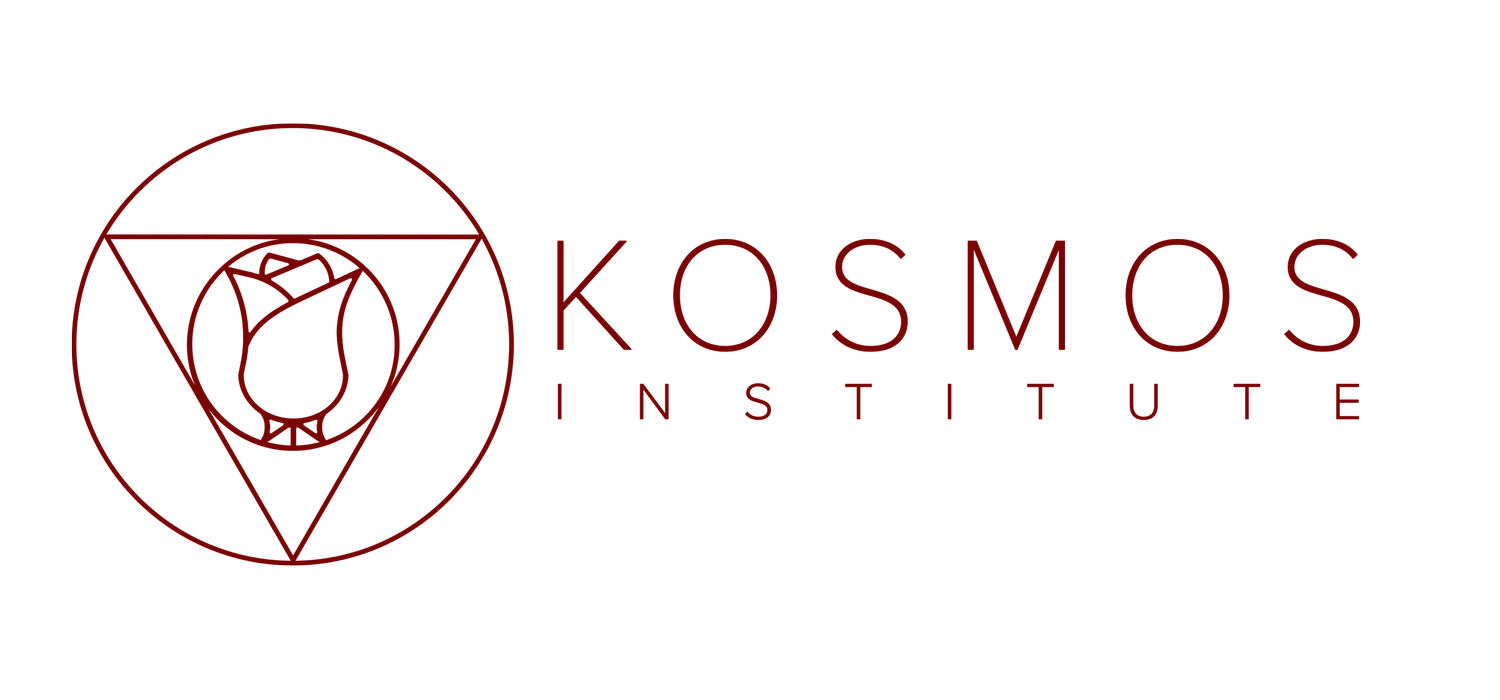Celestial Swallows and the Star of Beauty
The Kosmos Institute Online Journal
James Hillman: Psychology, Archetypes, & Mythology
James Hillman was a prominent post-Jungian thinker and writer who founded the depth psychological approach known as Archetypal Psychology. He built on Jung’s understanding of the archetypal background of the psyche and took the mythic imagination to be the primary means by which we may access this background. This made him, in many respects, the world’s most mythological psychologist.
Spiritual Archetypal Astrology & The Outer Planets
Before the current “Renaissance,” the psychedelic counterculture of the 50s and 60s instigated a “revolution” with far-reaching social and political consequences. Moving beyond the narrowly scientific research, we will explore thematic continuities in the literature, music, and art of both psychedelic eras. Our reading list will include emerging voices in the contemporary scene, as well as classic works by authors including Huxley, Leary, McKenna and others.
A Brief History of Alchemy
Alchemy may be defined as the unveiling of the primordial perfection hidden within the heart of appearances. In its most universal sense, alchemy traces the transformations of reality as it unfolds from and returns to this ever-present (yet ever-concealed) origin. In this context, the natural and spiritual aims of alchemy, from gold-making to god-making, reveal themselves as particular applications of a single universal process.
Psychedelic Research & the Gnostic Spiritual Quest
Before the current “Renaissance,” the psychedelic counterculture of the 50s and 60s instigated a “revolution” with far-reaching social and political consequences. Moving beyond the narrowly scientific research, we will explore thematic continuities in the literature, music, and art of both psychedelic eras. Our reading list will include emerging voices in the contemporary scene, as well as classic works by authors including Huxley, Leary, McKenna and others.
What Is Neoplatonism?
Dr. Gregory Shaw answers the question: “What is Neoplatonism?” Neoplatonism, in simple terms, is a philosophical system developed in the third century CE that builds upon the ideas of Plato but diverges significantly by embracing a distinctly spiritual outlook. To define Neoplatonism precisely, one must understand that it moves beyond Plato’s foundational doctrines of ideal forms and rationalism, venturing deeply into metaphysical speculation about the nature of the divine and human soul. While traditional Platonism emphasized abstract reasoning and ideal forms existing in a transcendent realm, Neoplatonism introduced a more explicitly spiritual and mystical interpretation of Plato’s thought.
Which Psychologist Developed Archetypal Astrology?
In this video, a longtime scholar of Archetypal Cosmology, Dr. Keiron Le Grice talks about which philosophers and psychologists created archetypal astrology.
What is Gnosis?
In this enlightening video, religious studies scholar, Dr. Hereward Tilton delves into the heart of his unique five-part Gnostic Studies curriculum, exploring the themes of Gnostic spirituality, religion, and philosophy.
Meet The Kosmos Institute Spring Quarter Professors
Our spring quarter professors spent an afternoon in February 2025 discussing their upcoming courses in a truly inspirational Zoom session. If you are researching courses in Neoplatonism, the Philosophy of Music, or Archetypal Astrology you will find this video illuminating.
What Is (Archetypal) Astrology and Why Do So Many Doubt It?
The widespread skepticism toward astrology stems from several factors, many of which are tied to the historical conflict between materialist science and the qualitative, symbolic approach of astrology. To address this skepticism and make a compelling case for astrology as a serious tool for exploring the psyche, we must first understand the key objections and then craft a response that bridges the gap between symbolic wisdom and modern empirical thinking.
I Hear A New World
This song by Joe Meek has always evoked a sense of wonder and felt like the right language of mystery to accompany a visual depiction of journeying into the unknown.











